| Content | Spiritual Discourses is a book by the great Muslim thinker and reformer Ayatullah Murtadha Mutahhari. This book is a collection of thirteen lectures delivered by the Ayatullah on, such various topics as the criteria for humanity, the school of humanity, spiritual freedom, nobility and magnanimity of spirit, worship and prayer; repentance, and belief in the unseen. As all of these lectures are on spiritual- issues, they are gathered in one collection.
HEAVILY SUBSIDIZED BY WWW.ISLAMICTHOUGHT.CO.UK | This text begins introducing the (Duas) Definition of Prayer, and its importance. The author explains how prayers are accepted, and what acceptance of prayer can lead to in a believer's life. Beyond the literal recitation of the prayer, in this text we can find the etiquettes of prayer, and other aspects we must take into consideration.
Want to understand and put your heart into your Duas, this book will help you to do just that, ideal for people living in the west, simple do along technique's.
Topics covered 1 Definition of prayer 2 Requisites of Supplication 3 Obstacles and Hindrances 4 Lawful and Unlawful request 5 Supplication of Ahl al-bayt 6 Visitation: Its Monotheistic and Political dimensions.
HEAVILY SUBSIDIZED BY WWW.ISLAMICTHOUGHT.CO.UK | This text discusses how Shi'ism has been an integral and inseparable part of Islam from the time of the Holy Prophet (sa). The text provides several resources to show how Shi'ism began with the companions of the Holy Prophet (sa) and how its legacy still stands. Topics covered 1 Emergence os Shia 2 Saqifah 3 Silence of Imam Ali (as) 4 Sahaba Shias 5 Umayyad 6 Period of 4th Imam 7 Alawi uprisings 8 Zayd shahid 9 Factors behind failure of the uprisings 10 poets, 29 lessons | This is the translation of sections from Martyr Mutahhari's book Sayri dar Nahj al-balaghah. This book consists of seven sections. In the first section the author discusses the two main characteristics of the Nahj al-balaghah; its literary excellence and its multidimensionality, quoted various opinions expressed about Imam Ali's eloquence in general and about the Nahj al-balaghah in particular. In the second section, the author discusses the theological and metaphysical ideas propounded in the Nahj al-balaghah and compared them with the parallel notions familiar to the Muslim mutakallimun and philosophers. The third section deals with ibadah (worship) and its various levels. The fourth section deals with Islamic Government and Social Justice. The fifth, dealing with the controversial issue of caliphate (khilafah) and the superior status of the Ahl al-Bayt (A), has been deleted in this translation. The sixth and the seventh sections discuss the Nahj al-balaghah's ethical teachings, in particular the Islamic Concept of zuhd (abstinence); the meaning of the world (dunya), so often condemned in the Nahj al-balaghah; and the meaning of the contradiction between the world and the hereafter, which is also recurring theme.
HEAVILY SUBSIDIZED BY WWW.ISLAMICTHOUGHT.CO.UK | Since 9/11, "Islam" has become a buzzword, conjuring fiery images of fundamentalists and fanatics on a mission to bring down Western culture. This sensible book is a welcome reminder that Islam is a much more complex belief system -- one that in fact reflects and teaches progressive, humane values. Jafri covers progressive concepts of Islam, sectarian violence in the Islamic world, international terrorism and peace, the concept of social justice, freedom and rationalism in Islam, the status of women and human rights, and more. | This book addresses issues on the status and standing of women, their social, political, and cultural activities, housewifery, art, freedom, lifestyle, natural and acquired rights, and other issues from Islamic point of view.
According to Islam, women and men alike possess the lofty status of humanity because they are both equally human.
The fact that noble Adam ('a) was able to understand the Names and explain them was due to his unique genesis as a human and men and women are equal in this genesis. In general, all extolments in the Quran and Hadith regarding humans encompass both women and men. There is no verse in the Quran that reproaches women for being women.
Therefore, according to Islam and the Quran, men and women are equally human, they are no different in worth, and they possess common responsibilities in managing the society.
HEAVILY SUBSIDIZED BY WWW.ISLAMICTHOUGHT.CO.UK |

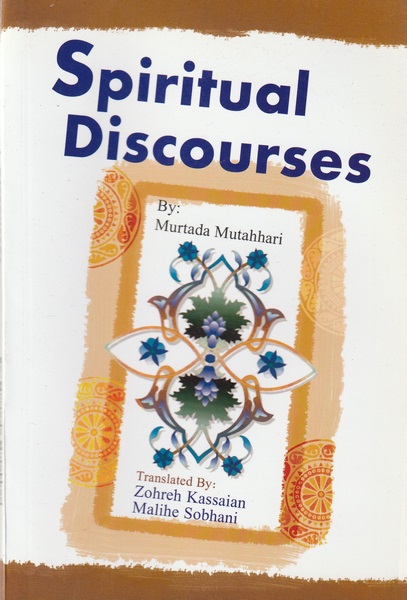
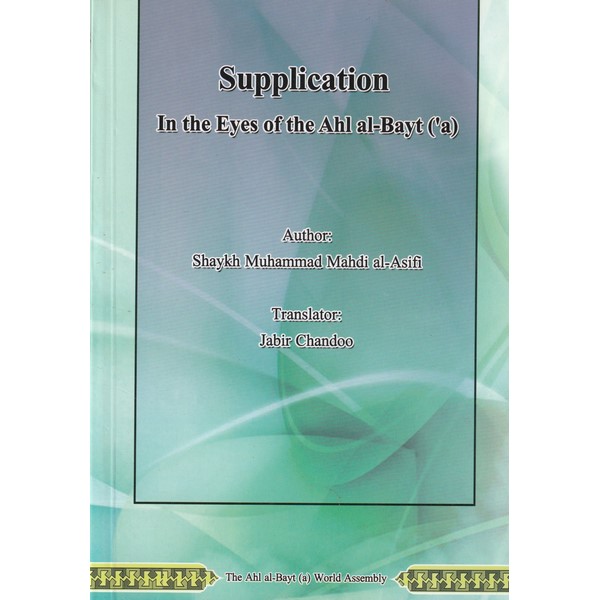
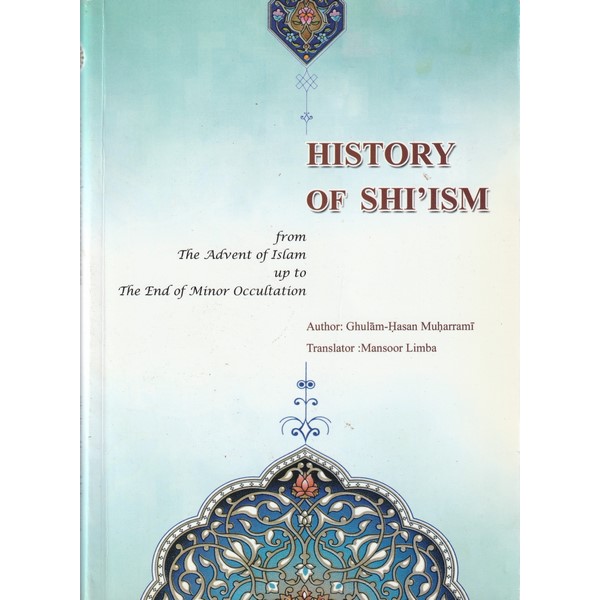
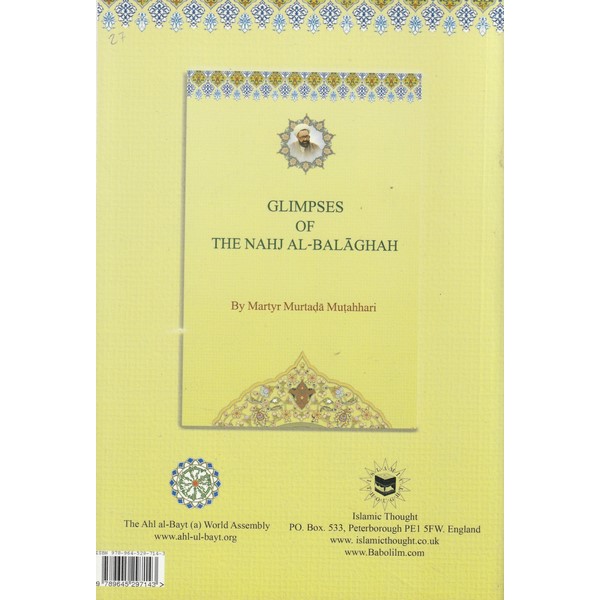
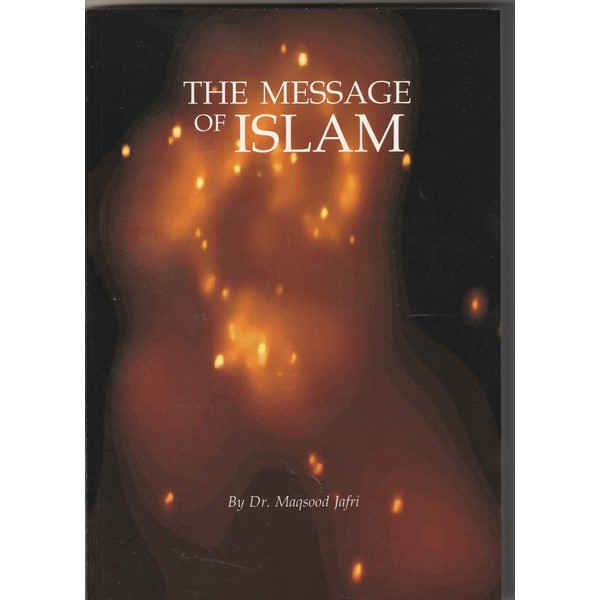
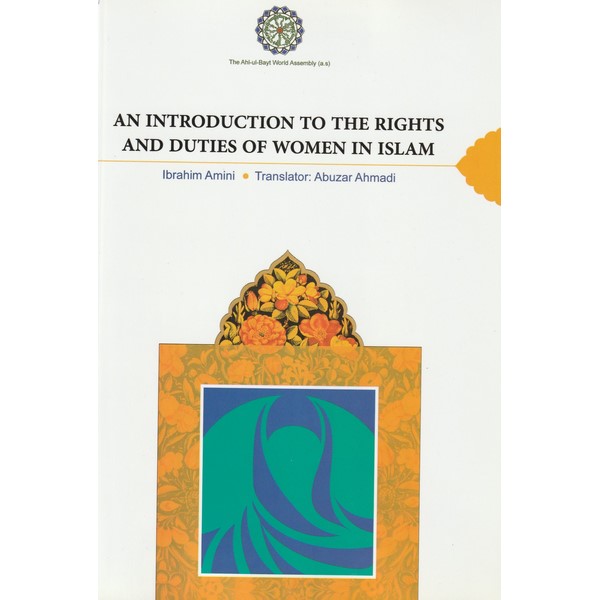
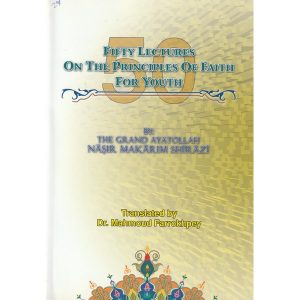

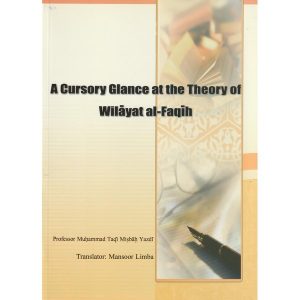

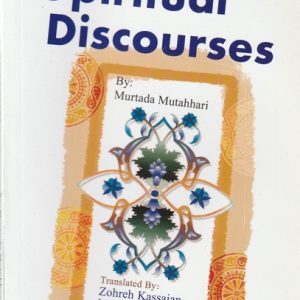
Reviews
There are no reviews yet.